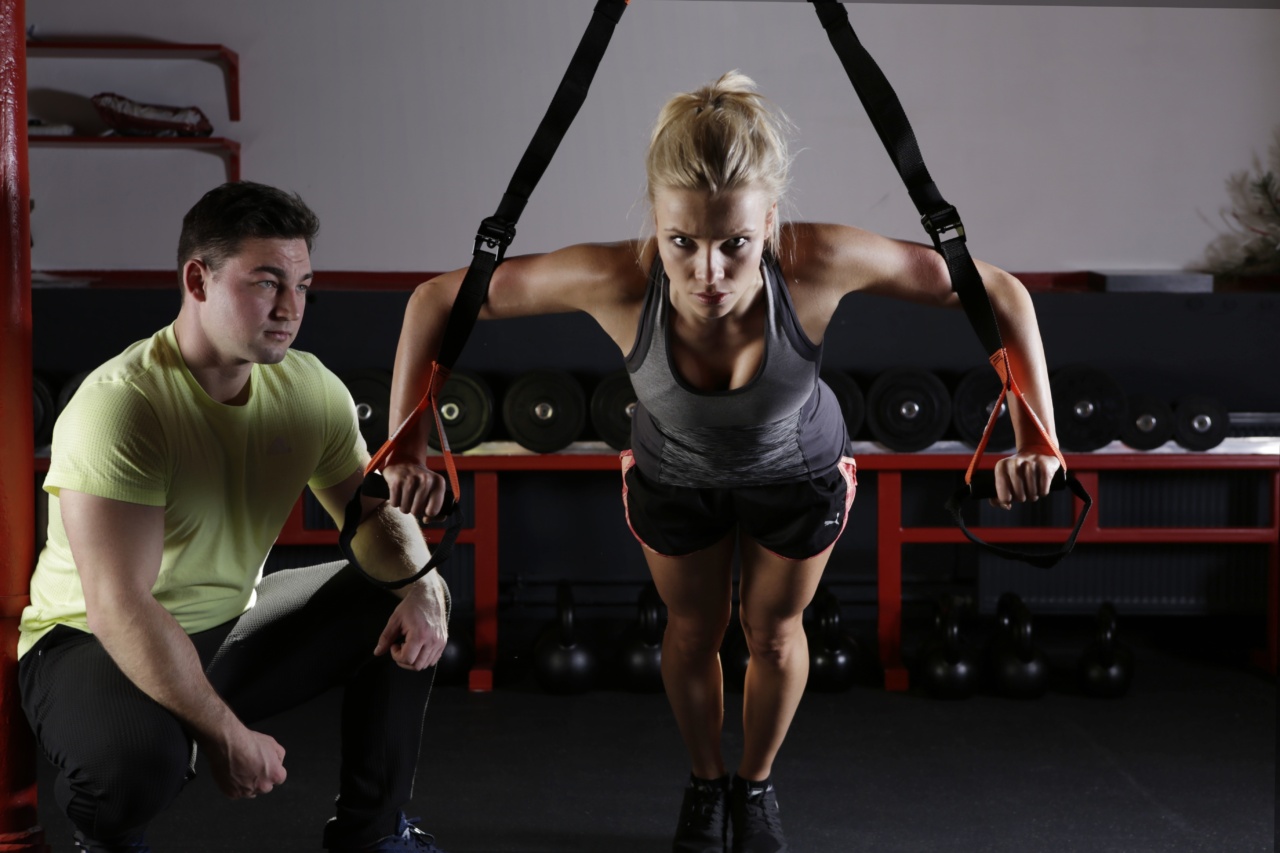Have you been hitting the gym or running every day but still not seeing the results you want? It might be time to take a closer look at your diet.
We all know that vitamins and minerals are essential for our health, but did you know that one vitamin, in particular, can significantly improve your exercise performance?.
What Is Vitamin D?
Vitamin D is a fat-soluble vitamin that plays an essential role in maintaining overall health. This vitamin helps our bodies absorb calcium, which is crucial for maintaining strong bones and teeth.
It also plays a vital role in regulating our immune system and mood.
Vitamin D is unique because our bodies can produce it naturally when our skin is exposed to sunlight. However, many people don’t get enough sun exposure, especially those who live in areas with limited sunlight or who spend a lot of time indoors.
In these cases, getting enough vitamin D through food or supplements is crucial for maintaining optimal health.
The Link between Vitamin D and Exercise Performance
Recent studies have shown that vitamin D can also have a significant impact on exercise performance.
Research has found that athletes and individuals with higher levels of vitamin D in their blood perform better on tests of muscular strength and balance. Even more exciting, recent studies suggest that vitamin D may also play a role in improving endurance performance.
The exact mechanism by which vitamin D improves exercise performance is not yet clear, but several theories suggest it may help by:.
- Increasing muscle size and strength
- Improving muscle contraction
- Reducing inflammation
- Improving neuromuscular function
How Much Vitamin D Do You Need?
The recommended daily intake of vitamin D varies depending on age and health status. Most adults need at least 600-800 IU (International Units) of vitamin D per day.
However, some experts suggest that higher doses may be needed to achieve optimal health and performance.
If you are considering taking a vitamin D supplement, it is essential to speak with your healthcare provider first.
Your doctor can help determine the appropriate dose and monitor your vitamin D levels to ensure you are getting enough without going overboard.
Getting Vitamin D from Food
In addition to getting enough sunlight, you can also get vitamin D from dietary sources. While few foods naturally contain vitamin D, some of the best sources include:.
- Fatty fish (salmon, tuna, and mackerel)
- Egg yolks
- Fortified dairy products (milk, yogurt, and cheese)
- Fortified cereals and juice
- Mushrooms (shiitake and portobello mushrooms are the best sources)
Conclusion
Vitamin D is an essential nutrient that plays a crucial role in maintaining optimal health. Recent studies suggest that it may also play a significant role in improving exercise performance.
While experts are still working to understand the exact mechanism by which vitamin D improves athletic performance, the evidence so far suggests that getting enough of this critical vitamin is undoubtedly worth the effort.






























